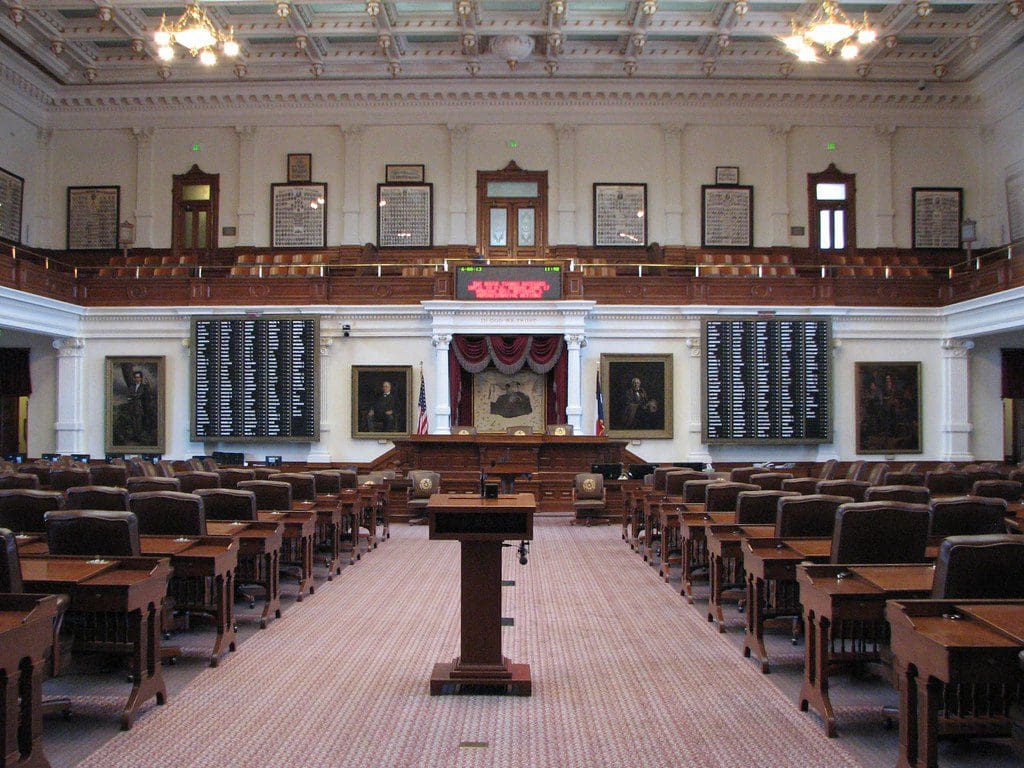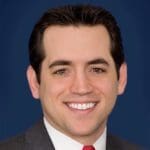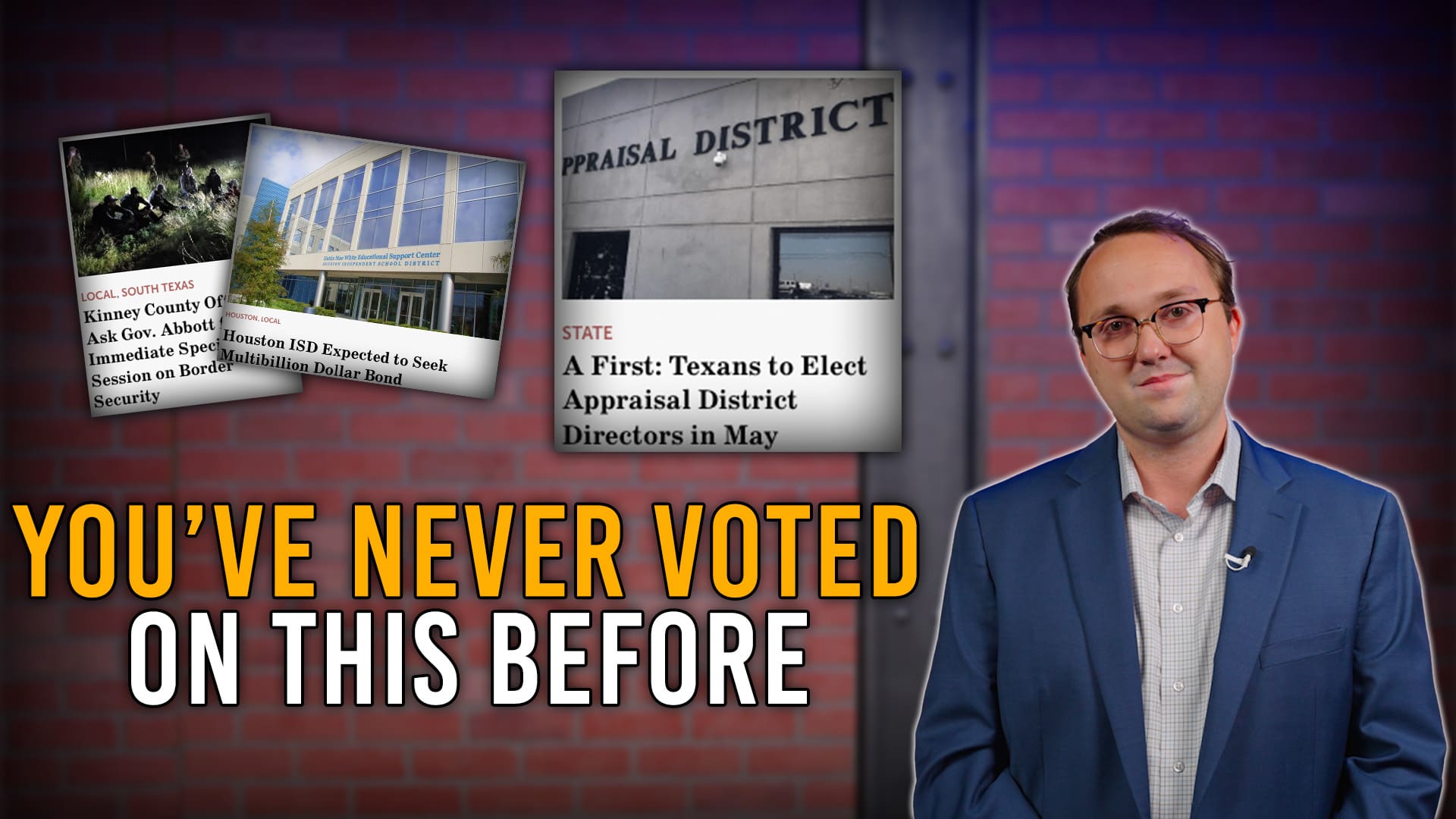The historically unprecedented COVID lockdowns are the worst policy decisions in the past 50 years. As I explained in a commentary last July, the benefits are nonexistent, while the costs are immense and include unemployment, homelessness, suicide, depression, alcoholism, drug addiction, violence, abuse, and cancer, heart attacks, and other consequences of delaying healthcare. Now that the Legislature is in session, it has the opportunity to say “never again.”
Unfortunately, at least one legislative branch is poised to do the opposite. The Texas House GOP’s pandemic “reform” legislation, HB 3, doubles down on the policy disasters of the past year and ratifies the power of the governor to unilaterally shut down society, enact mask mandates, and do essentially anything the governor wants in response to a pandemic, with no legislative input whatsoever. It is the most insidious priority bill I’ve seen during the time I’ve been following the Texas Legislature.
As an initial matter, the bill fails to enact any reforms whatsoever to add limitations or oversight to the governor’s emergency powers. HB 3 doesn’t impose any time limit on executive orders after which legislative ratification is required. It also does not solve the issue of how to challenge illegal executive orders in court.
The current emergency powers of the governor are very narrow; they include the power to regulate the movement of people and occupancy of buildings and to suspend statutes governing the conduct of state business. Lockdowns, mask mandates, and the suspension of medical procedures arguably fall outside this scope. Yet the Supreme Court has found that citizens, affected businesses, and even legislators do not have the legal ability to challenge the authority of the governor under current law. Rep. Matt Schaefer has proposed a solution, granting standing to citizens to challenge emergency orders and putting the burden on the governor to prove with real data that his orders are the least burdensome means of mitigating the emergency. HB 3 doesn’t include Rep. Schaefer’s or any other solution to the standing problem.
Instead, HB 3 takes the entirely opposite view, granting the governor broader executive power. It would allow him to issue any executive order intended to reduce the “vulnerability of residents to damage, injury, or loss of life resulting from pandemic” with no legislative oversight and no means of challenging an order. Indeed, an express purpose of HB 3 is to “strengthen the role[] of the governor.”
HB 3 grants the governor extremely broad discretion to claim this unlimited power by declaring a pandemic disaster, which is permitted if he determines in his subjective view that an outbreak of disease will spread to multiple countries and cause widespread injury, damage, or loss of life in Texas. Of course, this could not only describe CDC-declared pandemics like the 2009-10 swine flu outbreak or COVID-19, but could also describe any yearly outbreak of the common flu, which kills between 2,000 to 10,000 Texans every year. The bill makes it far too easy to trigger the enormous executive power delegated by this bill.
Do you think the Biden administration and Dr. Fauci’s almost daily proclamations regarding mask use and distancing are absurd? The purported civil liability “protection” contained in HB 3 will codify these recommendations into law.
A broad statutory liability protection would surely benefit businesses by clarifying that they are not liable for the spread of disease on their premises if they are following state or federal law. But HB 3 only protects businesses if they “made a reasonable effort to comply with applicable federal, state, and local laws, rules, ordinances, declarations, and proclamations related to the pandemic disaster.” This means every CDC or City of Austin “declaration” or “proclamation,” such as double-masking and masking of toddlers, would be the codified standard of care required of Texas businesses.
Proponents of HB 3 have defended the bill by providing a laundry list of benefits the legislation is intended to provide. But these benefits are either illusory and/or could be provided in stand-alone legislation. The claimed “protection of worship from forced closures” simply refers to the existing religious freedom stature and provides no new protection. The preemption of local orders is not a substantive change from existing law. The supposed limits on alteration of voting procedures by local officials allow Democrat local officials to change election procedures if the secretary of state consents. Why would we allow them to change voting procedures at all? The civil liability protection, as explained, makes Biden administration officials like Dr. Fauci the arbiter of business policies and practices. The firearms and taxpayer protections are an improvement over existing law. But they can easily be addressed with stand-alone legislation. Most notably, nothing in the bill protects Texans from the lockdowns, forced business closures, capacity limits, travel bans, school closures, mask mandates, or centralized economic planning that have plagued citizens for the past year.
The emergency powers of the governor should be drastically limited, placed under legislative oversight, and subjected to judicial review. HB 3 accomplishes none of those things and instead guarantees that the disastrous COVID policies of the past year will be the policies of the future.
This is a commentary published with the author’s permission. If you wish to submit a commentary to Texas Scorecard, please submit your article to submission@texasscorecard.com.





